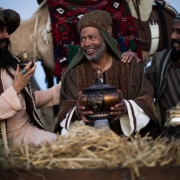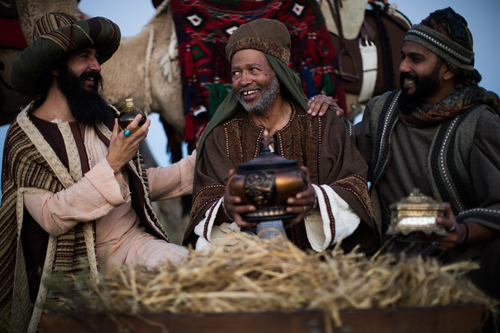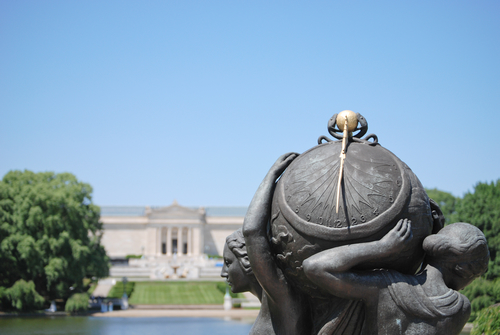The Good Plan of God
And God sent me before you to preserve a posterity for you in the earth, and to save your lives by a great deliverance. So now it was not you who sent me here, but God; and He has made me a father to Pharaoh, and lord of all his house, and a ruler throughout all the land of Egypt. (Genesis 45:7-8)
Joseph was the victim of cruel abuse, from his brothers, from the Midianites, from the Potiphar’s wife, from Pharoh’s butler, and from many others. Yet, Joseph didn’t think of himself as a victim. He saw God’s good work as greater than the bad things done against him.

We see this in the explanation he gave his brothers, once he revealed himself to them. Joseph explained how the hand of God worked despite the wicked things done against him.
This is how Joseph explained his being sold as a slave in Egypt: God sent me before you to preserve a posterity. Joseph did not diminish what the brothers did, yet he saw that God’s purpose in it all was greater than the evil of the brothers.
When sinned against, we are tempted to fail in one or both areas. We are tempted to pretend that the offending party never did it or tempted to ignore the over-arching hand of God in every circumstance.
It is fair to ask, “Why was Joseph in Egypt? Was it because of the sin of his brothers or because of the good plan of God?” The answer is that both aspects were true. All Joseph’s sorrows had a purpose. God used them to preserve his family and provide the conditions for it to become a nation. Joseph was a victim, harmed by the sins committed against him, but God turned it around for His glory. None of it was for a loss.
Going to Egypt, Israel did not assimilate among the pagan tribes of Canaan. God brought them to Egypt to grow yet remain a distinctive nation.
Years ago, Rabbi Harold Kushner wrote a best-selling book titled When Bad Things Happen to Good People. The whole point of his book was to say God is all loving but not all powerful; that God is good, but not sovereign. So, when bad things happen to good people, it is because events are out of God’s control. Kushner advised his readers to “learn to love [God] and forgive him despite his limitations.” Whatever Kushner described, it was not the God of the Bible, the God displayed in Joseph’s life.
In saying, it was not you who sent me here, but God. Joseph realized God ruled his life, not good men, not evil men, not circumstances, and not fate. God was in control, and because God was in control, all things worked together for good.
Have others wronged you? You don’t need to pretend it never happened. Be real about what they did but see with greater clarity the good plan of God in it all.



















